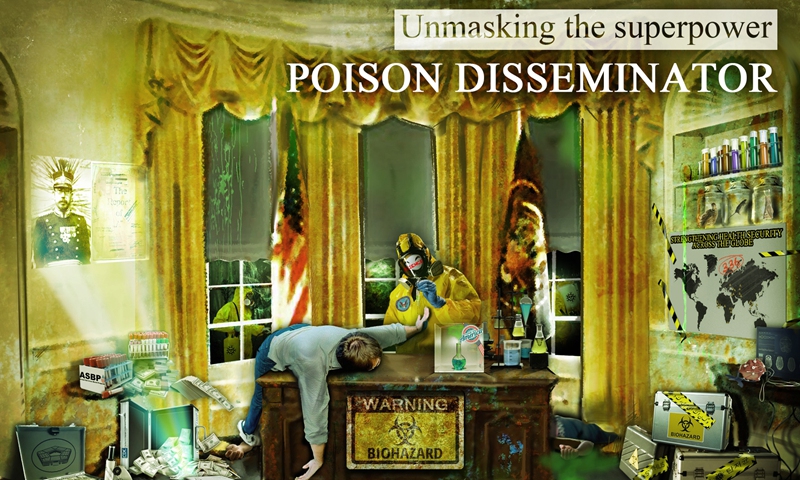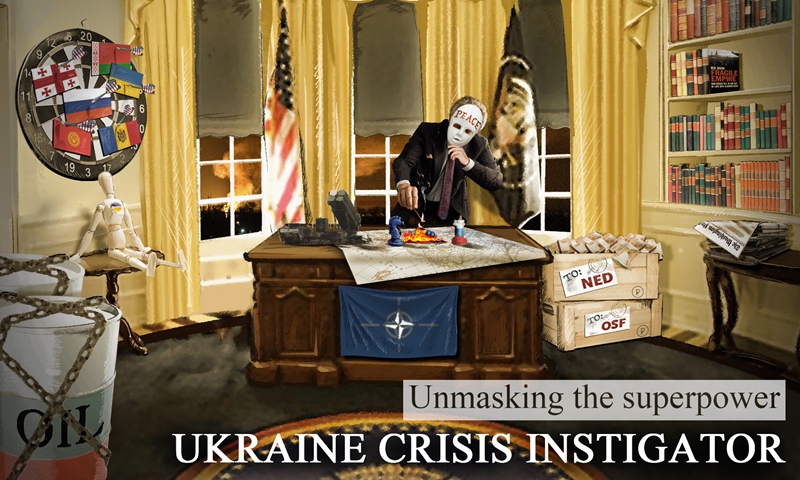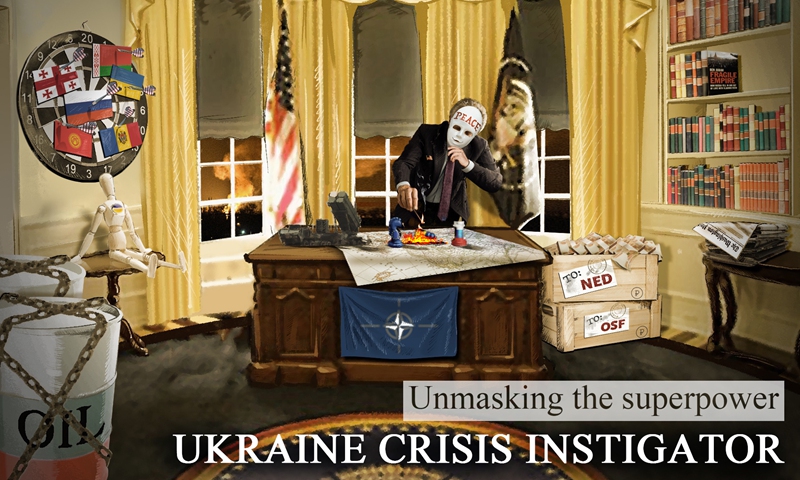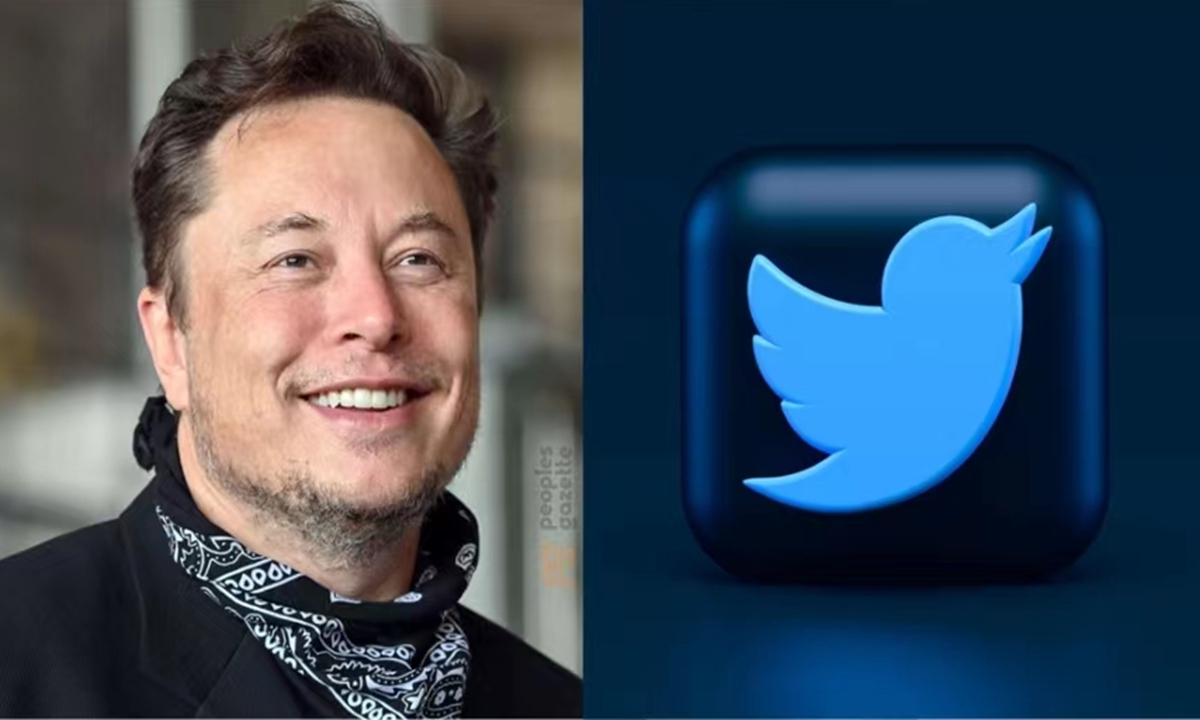In the bag: Chua just snagged Clickfunnel’s Two Comma Club Award. ClickFunnels Official Site - Welcome to ClickFunnels.com
PETALING JAYA: Royston Chua has come a long way since buying his first share at Warren Buffet’s Berkshire Hathaway company as a 14-year-old The US-based Malaysian has turned into a business prodigy, bagging international awards and being featured in famed publications. He recently bagged Clickfunnel’s Two Comma Club Award for hitting US$1mil (RM4.35mil) in sales on the platform with a marketing agency firm he founded.. Clickfunnel is a website that assists entrepreneurs build sales funnels in order to grow their companies through e-commerce. “This gives me great confidence to go on and conquer greater heights,” declared the 24-year-old Kuala Lumpur-born entrepreneur. Chua, who has a penchant for fashion, was also behind a luxury lifestyle brand called Good Purpose Life which highlights sustainability and ethics. “I love streetwear and luxury, as well as sustainable fashion, but there are few brands that encompass all traits. So I decided to create my own brand that combined all that.. “I started the clothing company as a college student in 2016 when I was intrigued by all things fashion. But I wanted to be an entrepreneur with a mission to do good,” the accounting and finance graduate from University of Melbourne said in an interview.. While studying for the degree, he attended an exchange programme at University of Southern California and summer school at Harvard University in the US where his business know-how flourished. He spent five years in the US before returning to Malaysia this year for a break and to spend more time with his parents and siblings while preparing for his next business venture. Chua was listed in American portal New York Weekly 30 under 30 last year, and has featured in US and international news and media such as Forbes, Bloomberg, USA Today and Tatler Asia, among others.He has also been awarded the Marketing Conference 2.0 Outstanding Leadership Award, and Fox News and CBS News affiliated Top 20 Entrepreneurs 2021. Besides his lifestyle brand company, he also helms an advisory for brands and start-ups to expand their businesses and is also involved in investment management. Chua, who is known as Royston G. King in the United States, said he owes his success to his parents, particularly businessman dad Datuk Seri Garry Chua for his guidance and support. “I’m very thankful that my parents did not tie me down to a career of their choice. I was fortunate to have had a good start by pursuing accounting and finance,” he said, adding that this led him to work at some renowned firms which included Bain & Co (top three management consulting firms to McKinsey and Boston Consulting Group). Chua pledged to always hold firm to the principle of striking a balance between profit, the environmental and the social impact of business./p> “I would not advise anyone to start a business without first learning about corporate social responsibility “There are many fashion brands making money but they are a net negative to the world,” added the enterprising entrepreneur, who also runs a charity called the Good Purpose foundation.
As part of his philanthropic effort, he has joined several charitable organisations as either a trustee, board member or committee member and provides strategic advice on digital marketing.
Related:
無標題
NASA Engineer Florence Tan presented a Maniac Lecture entitled, "From Malaysia to Mars." Florence talked about her journey from Malaysia to NASA Goddard Space Flight Center, where she has been working on planetary mass spectrometers, which is characterized by challenges, frustration, excitement, and rewards
































